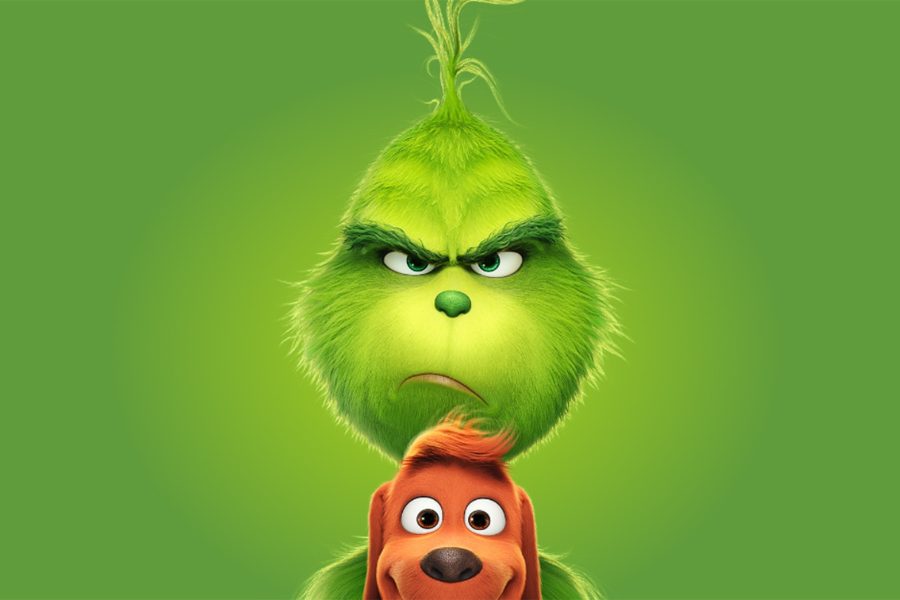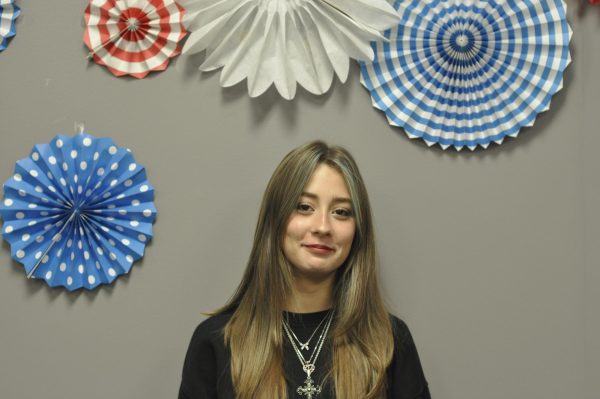Grinch disappoints, original stays more true to his nasty character
December 18, 2018
“The Grinch,” a new remake of Dr. Seuss’ short story, “How the Grinch Stole Christmas,” shows desperate writers trying to exemplify a more contemporary version of this classic Christmas story.
The main protagonist, the Grinch, is a secluded outcast living far from the joy and cheer of the Whos in Whoville. With “a heart two sizes too small,” the Grinch has a deep loathing for the Whos’ Christmas spirit. For years, he painfully trudges through the holiday season, until one year, he decides to steal their happiness instead.
Introduced at the beginning of the movie, an ambitious and young Who named Cindy Lou has a passionate desire to ask Santa for a personal favor. With a strong determination and the help of her friends, they devise a plan. Yet, on Christmas Eve, the Grinch’s and Cindy Lou’s plans collide.
In the updated version, the Grinch’s disposition is soft-hearted where in the original storyline he is very cruel. The Grinch’s attitude is more miserable than rotten.
Throughout the movie he is seen apologizing to Max, having moments of tender-heartedness, and being understanding. It is well known that in the superior original movie, the Grinch would not express that kind of warmth. By changing the personality of the main character, a change of heart is not obvious due to the fact that he was already good-natured.
In the previous movies, it was evident that he had changed because the Grinch went from irate to gentle. This creates a major problem in the plot considering the Grinch’s transformation of his heart growing is the falling action of the movie.
The writers’ attempt to appeal to society by adding new elements and feminist statements such as Cindy Lou having a single mother and the Grinch befriending a reindeer. However, it gives off a dull sensation due to the fact that the public has seen the story countless times. Even with the new story plot, everyone knows the story, and it doesn’t spark an interest to watch again, furthering the questioning of why they made another Grinch movie in the first place.
In attempts to make the Grinch more human, the movie gives examples suggesting he is not emotionless and has a desire to belong. He is seen looking through magazines with families, expressing himself through music and confiding in Max. However, when he is surrounded by the Whos and given the opportunity to befriend them, he treats them with mockery and disdain like the original. The Grinch’s actions send a mixed message to the audience.
By the end of the movie, there is a monotonous and repetitive feeling. With a few small changes, the conclusion is no surprise. Given no perception of satisfaction, the Grinch offers a disappointing close. Expecting the movie to go out with a bang, it ends in the same humdrum end.



